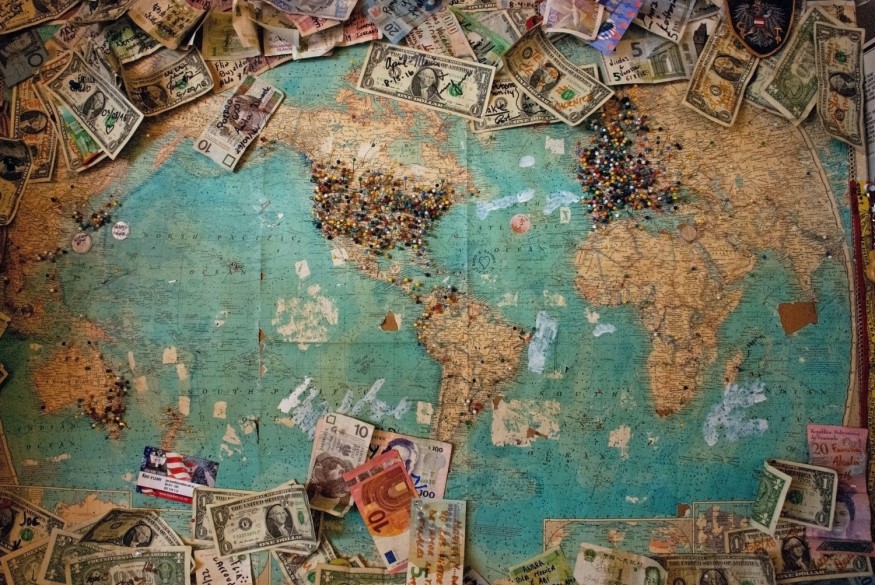
The travel bug is hard to ignore. So many of us are straining at the leash to get out and explore the world, experience new cultures and enjoy the experience of being a stranger in a strange land. Adventures of this kind broaden our horizons and teach us about ourselves and the world in which we live. But it can get expensive. The main obstacle stopping would-be explorers from jumping on a plane and exploring as many new destinations as possible is finance. So, how do you travel for cheap? What are the best ways to take care of your money when abroad in order to have the most fulfilling experience possible? Interested to hear more? This article includes some handy tips on how to be financially savvy on your travels.
Consider Exchange Rates and Compare Prices
Do your research before you leave for a new country. Can you save money by booking a flight at a different time or on a different day? Is there a banking app you can use that offers reduced fees and competitive exchange rates? Take a look at accommodation offers and late travel deals too - you can find some real bargains.
Work at Your Destination
Getting a short-term job when you arrive will not only help you to afford exciting experiences, but it will also give you a taste of what it's like to be a local. Look for opportunities online before you head off. Popular vocations include teaching English as a foreign language, farm work or fruit picking, bar work or working in a hostel. Be sure to make clear arrangements, keeping in touch with your chosen company or employer in the period before you set off to rule out any last-minute hitches.
Consider a Personal Loan
If cash flow is an issue, you may want to consider taking out a loan so you can afford to set off sooner. It's possible to get matched with loan options in less than 60 seconds, whether that's in order to get credit card debt under control before you leave or finance your journey. Just be sure that you'll be able to pay the amount back with interest within the time given.
Prioritize
Ask yourself what you really want to get out of your time abroad, then arrange your funds around these goals. For example, if you want to take in as much of the local landscape or culture as possible, you probably shouldn't be spending large amounts on your accommodation. However, if this getaway is more about getting a little rest and relaxation, stretching out by a pool or getting some much-needed pampering in a spa, your accommodation should take priority over other expenses.
Compare Practicality Against Cost
Sit down and think about how spending very little will affect your enjoyment of your travels. For example, is it worth taking a little longer to get somewhere if the transport is cheaper? Or will the delay mean you won't be able to fit in everything you wish to do?
This article is copyrighted by Travelers Today, the travel news leader



